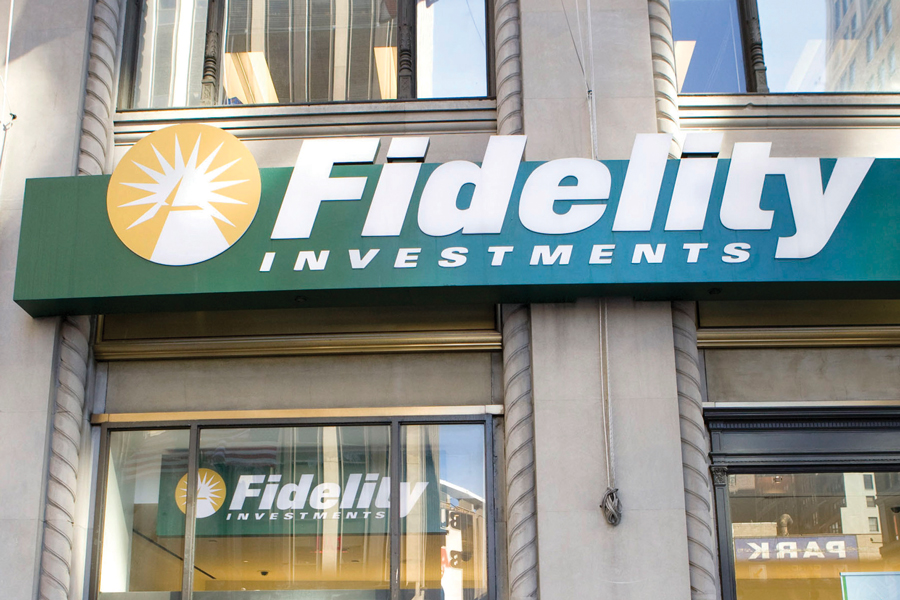

Fidelity Investments is planning to convert six more of its mutual funds into exchange-traded funds, adding to a trend that’s affected nearly $100 billion in assets.
The Boston-based asset manager will turn the six actively managed mutual funds into ETFs in November, according to a filing Wednesday. Those funds collectively manage assets worth roughly $13 billion.
The Fidelity Large Cap Value Enhanced Index Fund, with $5.2 billion in assets, is the largest fund set to undergo the switch.
Including Fidelity’s planned move, more than 50 mutual funds have been switched to ETFs since the first such conversion two years ago, according to data compiled by Bloomberg Intelligence.
It’s a tactic that’s proved increasingly popular as investors opt for lower-cost, tax-efficient ETFs over their mutual fund brethren. Investment Company Institute data show that mutual funds are on track to post net outflows for a sixth consecutive year, while ETFs have absorbed about $194 billion in 2023.
The conversions include benefits such as “lower expenses, additional trading flexibility, increased portfolio holdings transparency and the potential for enhanced tax efficiency,” according to Wednesday’s filing. The management teams will remain the same, and expense ratios on the new ETFs haven’t been set yet, a Fidelity spokesperson said.

Two longtime RIA industry figures have joined the board of directors at TaxStatus, a fintech company that garners thousands of IRS data points on clients to share with advisors for improved financial planning oversight and time savings.

Sieg, 58, was head of Merrill Wealth Management, left in 2023 and returned that September to Citigroup, where he worked before being hired by Merrill Lynch in 2009.

Firms announce new recruits including wirehouse breakaways.

"QuantumRisk, by design, recognizes that these so-called "impossible" events actually happen, and it accounts for them in a way that advisors can see and plan for," Dr. Ron Piccinini told InvestmentNews.

Advisors who invest time and energy on vital projects for their practice could still be missing growth opportunities – unless they get serious about client-facing activities.
Orion's Tom Wilson on delivering coordinated, high-touch service in a world where returns alone no longer set you apart.
Barely a decade old, registered index-linked annuities have quickly surged in popularity, thanks to their unique blend of protection and growth potential—an appealing option for investors looking to chart a steadier course through today's choppy market waters, says Myles Lambert, Brighthouse Financial.
